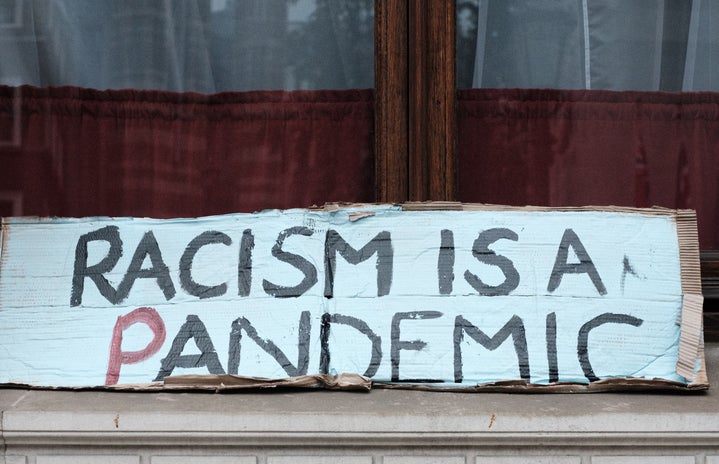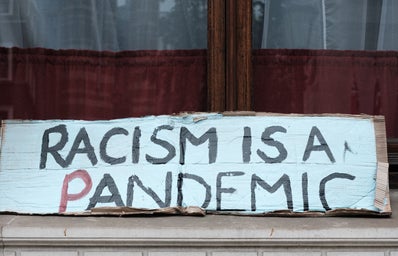I think Destiny’s Child was onto something when they said “Say My Name”. Names are so much more than a bunch of letters strewn together. Names are our identity, they’re one of the few things that differentiate us from each other. They are a part of our history, reputation and our introduction to the world. Names are important and pronouncing someone’s name properly is simple human decency and respect.
If I’m honest after all these years I’ve come to hate my second name. I wince a little when I hear it. It’s not even just the mispronunciation, it’s the giggle after the attempt, the pause and sigh beforehand as though my name is an inconvenience.
Most of all it’s the variations people create that make me dread hearing my surname. In primary school a classmate renamed me “Og-burger”, because it’s easier to pronounce and it sounded funny. When you are a child and you are aware that you are different, everything you do is geared towards being accepted by your peers and unwanted nicknames make it seem like you are.
After a while, most teachers didn’t even make an attempt anymore. When calling the roll, they would go through the students saying everybody’s first and second name, when they got to mine they would just say my first. The cycle was only disrupted when there was a substitute teacher. In those cases I’d interrupt with a quick ‘here’ before they could try, it was the easiest way to avoid the awkward pause, the confused squint and subsequent stuttering that usually ensued.
Growing up, I have always felt the need to make myself smaller and blend in. Coming to this country at such a young age, it always felt like I was on borrowed time, as though the slightest misbehaviour from me would have me thrown out of school or even the country. The need to be ‘palatable’ and not give people any reason to exclude me was far greater than my discomfort and irritation at having my name mispronounced.
Not surprisingly, my years in secondary school were all about conformity. Even when a teacher called every person of colour by the same name for a whole semester (because we all looked so similar), I said nothing and even answered to the incorrect name. My desire to not engage in confrontation, especially with the individual that decided my grades, was greater than my need to stand up for myself.
The situation with Yewande speaking out has opened the door for a much needed conversation, one that should have happened a long time ago. People see a ‘foreign’ name and automatically assume they won’t be able to pronounce it.
The reality is, choosing to mispronounce someone’s name or forcing a nickname on them is a microaggression. They’re called ‘micro’ because they appear so subtle, you might not even realise you’re the aggressor. Historically, slaves were renamed to further mark their position in society as powerless and when you dismiss someone’s cultural name you are unfortunately upholding this image of yourself as the dominant and them as the oppressed. Whether intentional or not you are expressing prejudice and perpetuating ignorance.
So moving forward how should one deal with ethnic sounding names? Would it be better to avoid saying anything altogether? Of course not. The best way to respect someone and their name is to just ask. Ask them how to pronounce it and imitate the sound they make, repeat until it sounds accurate. If you can speak you can say my name.



